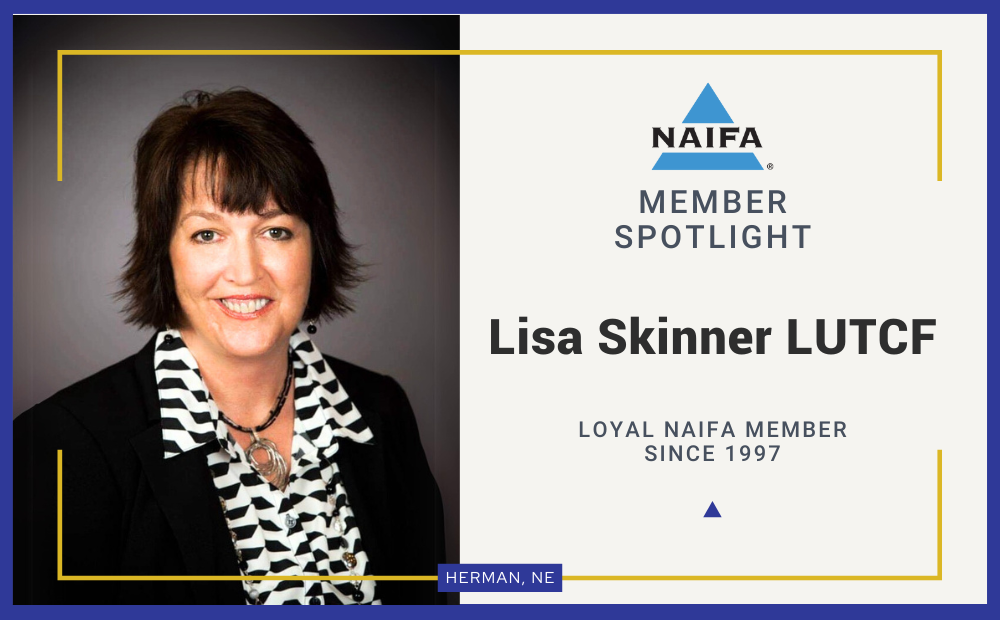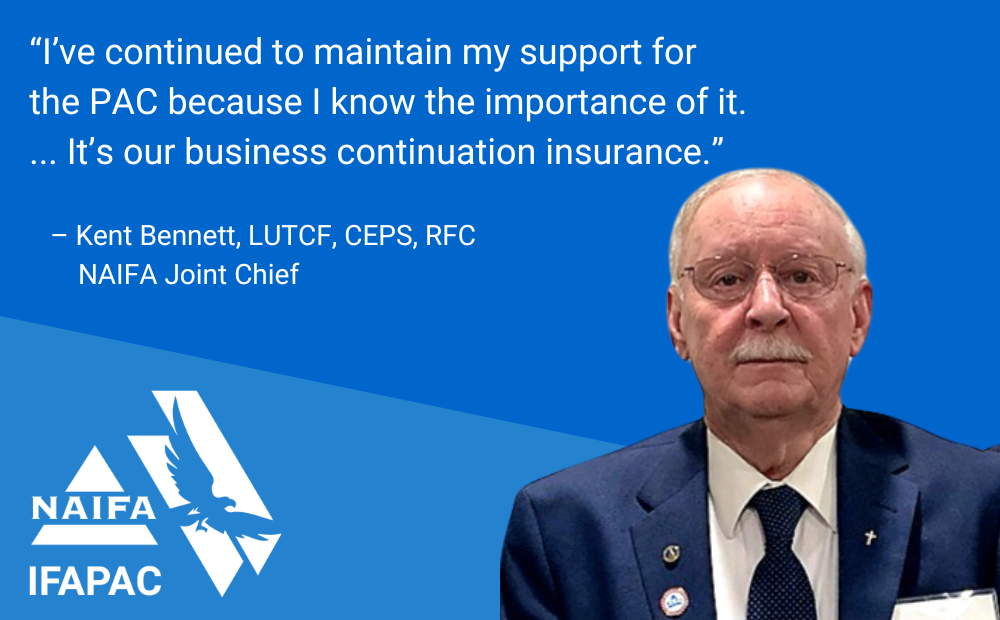By John Diehl
It’s nearly impossible these days to turn on the TV, log online, or open a newspaper without being bombarded by commentary about the presidential election. The media relentlessly covers every move the candidates make, and analyzes every aspect of their platforms from every angle.
Not only are we exhaustedly hearing about the candidates and the election, we’re also hearing, now more than at any other time, all of the things that are wrong with our country and economy, as well as all of the things that could go wrong should either candidate be elected to office.
In a recent survey, 61 percent of respondents said that they expect the election to result in increased market volatility.[1] This kind of expectation, coupled with the information overload bestowed on us about the election, has the potential to incite high anxiety for the lay person, and maybe even compel them to make emotional investment choices that are driven by fear.
Advisors might begin hearing—or have already been hearing—clients muse about developing a lower-risk portfolio or maybe even pulling out of the markets altogether. It will be crucial for advisors to be in tune to these tendencies and to counsel such clients through the election period.
Here are three points to bring up with clients plagued by election anxiety:
- Fleeing for safety can be costly. While it is natural to want to play it “safe” and avoid possible election-driven volatility, the reality is that markets don’t wait for elections to move. Regardless of timing, the markets will always experience short-term dislocations, and no investments can ever be guaranteed, but the same foundational precepts, such as staying invested and diversified, still apply, even in an election year.
In addition, while the media might suggest otherwise, election-year returns have historically been positive, and, of the last 14 election cycles, election years have produced positive returns 12 times.[2] Clients who want to act on their election-year fears may think they are protecting their assets by disengaging from investing in the market, but they might actually be doing more harm than good.
- The President has less of an impact on the economy than you think. A recent survey revealed that 87% of respondents believe that the President of the United States has some influence on stock market performance.[3] While it is true that the political agenda of the President helps steer party legislators in their lawmaking endeavors, it is not true that the President has direct and immediate control over the economy.
In fact, there are several other factors that affect the economy more than the President and his/her party affiliation, including interest rates, earnings, business profitability, global markets, and more. Investors may worry over what will happen once the new Commander-in-Chief takes the helm, but, given the many other factors that could influence their portfolios, they shouldn’t let the election outcome derail their long-term investment plans.
- Markets are neither Republican nor Democrat. Despite their differing and often clashing policies, the party affiliation of the presiding President does not necessarily indicate stock market performance or economic stability. The candidates will certainly make their case for why their party is better for the future of our country and our finances, but history shows that stocks have performed well in the long term with a mix of Democratic and Republican presidents.[4]
It may be easy to associate a particular President and, by association, his/her political party with a stock-market high or low, but stocks have actually trended upward over the last few decades, regardless. It’s important to remind clients that correlation does not mean causation, and that neither blame nor credit for stock market performance can be given completely to the political party in office.
Presidential elections can be nerve-wracking for your clients for a number of reasons, made worse by impending uncertainty and the unforgiving 24-hour news cycle that is rife with political chatter. While you may not be able to quell all of their election-related fears, you can help them make smart, rational investment decisions that are informed by their goals and not by their anxieties. During this election season, help clients keep their long-term vision in mind, so that they can avoid being scared off by media, candidates, or political party rhetoric.
[1] Hartford Funds survey, 9/15; 794 total respondents with $100,000 to $500,000 invested
[2] Based on S&P 500 returns, Morningstar Direct, 1/16. Past performance is not a guarantee of future results. The performance shown is index performance and is not representative of any Hartford Fund’s performance. Indices are unmanaged and not available for direct investment. For illustrative purposes only.
[3] Hartford Funds survey, 9/15; 794 total respondents with $100,000 to $500,000 invested
[4] Morningstar Direct, 1/16
Bio:
John Diehl is a registered representative of Harford Fund Distributors, LLC.








.png?width=300&height=300&name=CC%202025%20Ad%20(300%20x%20300%20px).png)
.png?width=300&height=600&name=Tax%20Talk%20Graphic%20-%20email%20tower%20(300%20x%20600%20px).png)



.png?width=300&name=NAIFA-FSP-LH%20with%20tagline%20-%20AT%20blog%20email%20ad%20(300%20x%20250%20px).png)
.png?width=728&height=89&name=2024%20Congressional%20Conference%20(728%20x%2089%20px).png)
